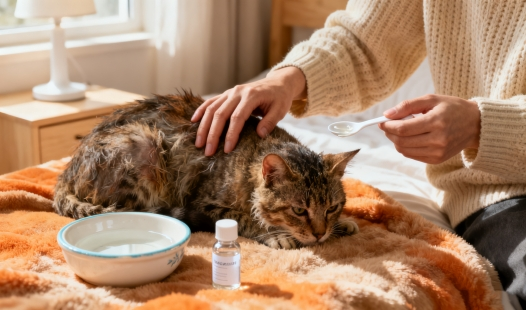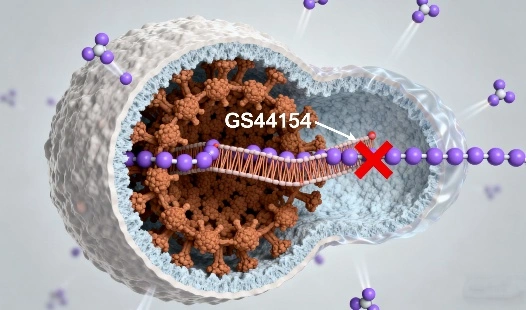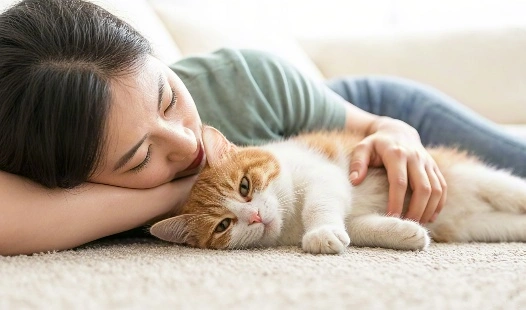The best supplements to support FIP recovery
A Protocol for Integrating Core Supplements with GS-441524 Treatment
Infectious Peritonitis in Cats (FIP) is a terrible illness that cat owners have had to deal with. But drugs like the GS-441524 tablets give people new hope. It looks like GS-441524 might help fight FIP, but giving your cat the right vitamins while it heals can make it work better and give it better health in general. As part of your cat's treatment for FIP, this guide will show you the best vitamins and what they might do for them. That way, you can make smart choices about your cat's health based on the facts we give you.


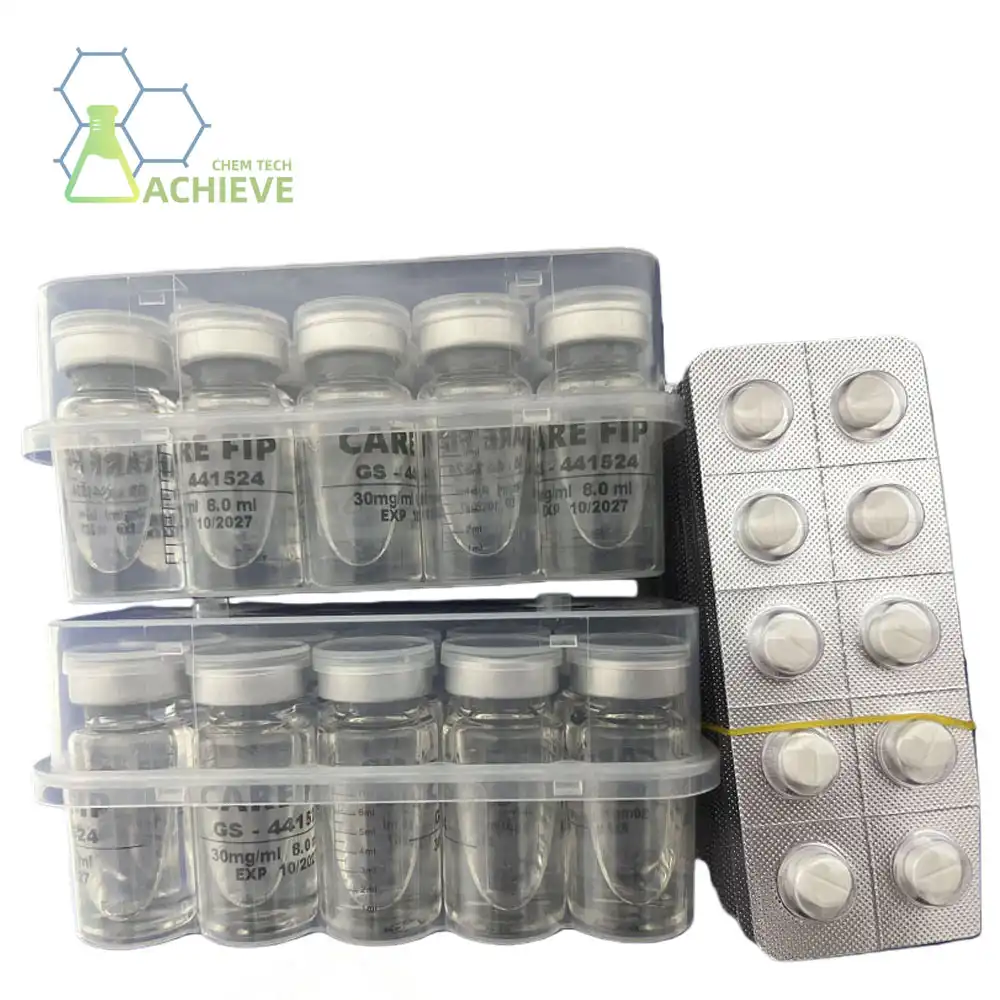
The Role of Immunomodulators and Hepatic Support Agents in FIP Recovery
FIP is a complicated disease that has a considerable impact on the immune system of a cat and frequently affects many organs, most notably the liver but also other organs. In light of this, dietary supplements that promote healthy liver function and immune system function might be of great assistance in the process of recuperation.
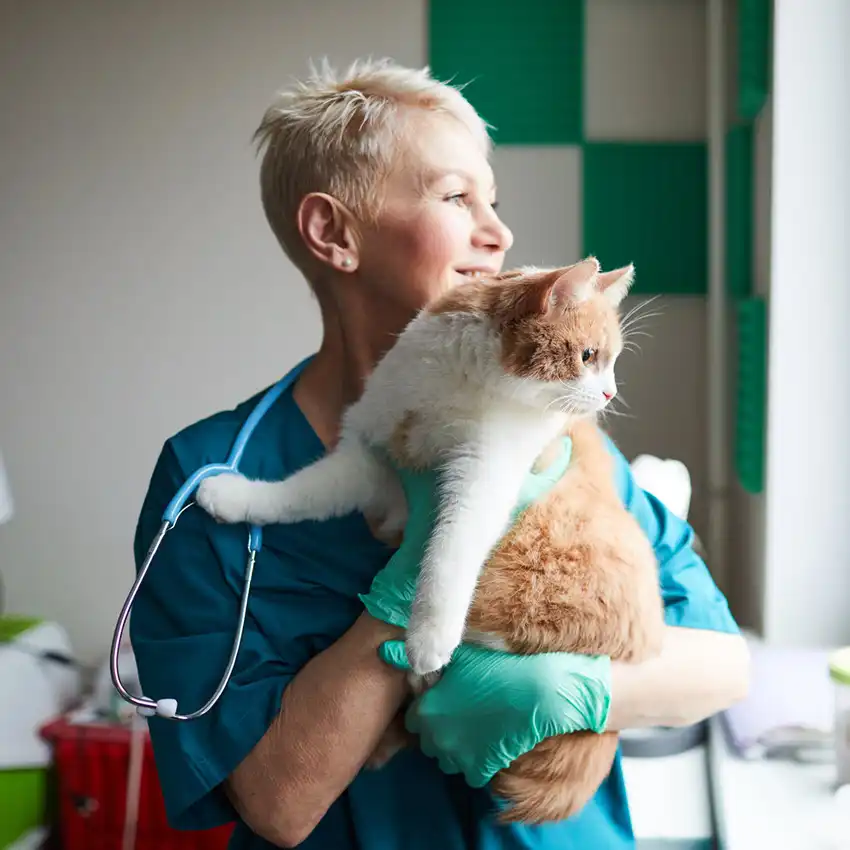
Immune System Support
It is vital to have a strong immune system in order to combat the coronavirus that is responsible for FIP and to support the physical processes that are responsible for repairing the body. The following are some important supplements that are well-known for their immunomodulatory properties:
- Bovine Lactoferrin: This protein has shown potential in enhancing the immune response against viral infections.
- Beta-Glucans: These complex sugars can stimulate the innate immune system, potentially aiding in the fight against FIP.
- Vitamin D: Often deficient in cats with FIP, vitamin D plays a crucial role in immune function.
Liver Support
When it comes to FIP cases, the liver is commonly damaged, and enabling it to operate properly might be advantageous for the whole recovery process. The following are examples of supplements that may be beneficial to liver health:
- S-Adenosylmethionine (SAMe): Known for its liver-protective properties and potential to support detoxification processes.
- Milk Thistle (Silymarin): A herb with well-documented hepatoprotective effects.
- L-Carnitine: An amino acid that supports liver function and may help with fat metabolism.
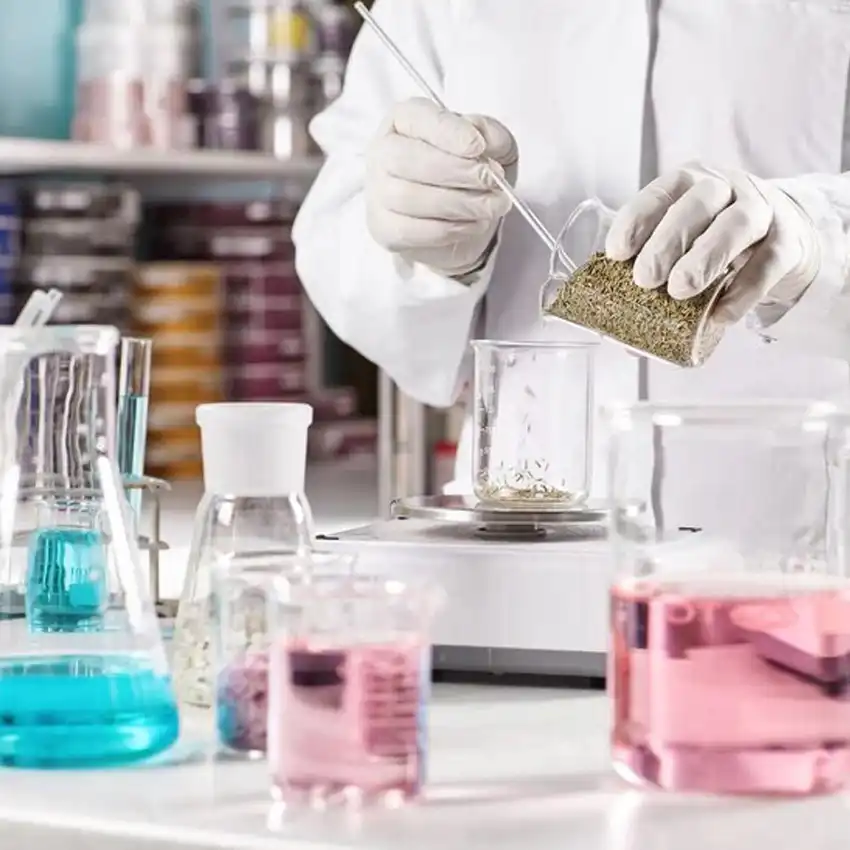
Evidence for Specific Supplements to Augment GS-441524 Therapy
It has been demonstrated that the GS-441524 tablet is a viable treatment for FIP; nevertheless, there are several supplements that have the ability to enhance its efficacy or assist in the management of its negative effects. Before incorporating any supplements into your cat's treatment regimen, it is essential to consult with a veterinarian. It is vital to keep in mind that research in this field is still ongoing.
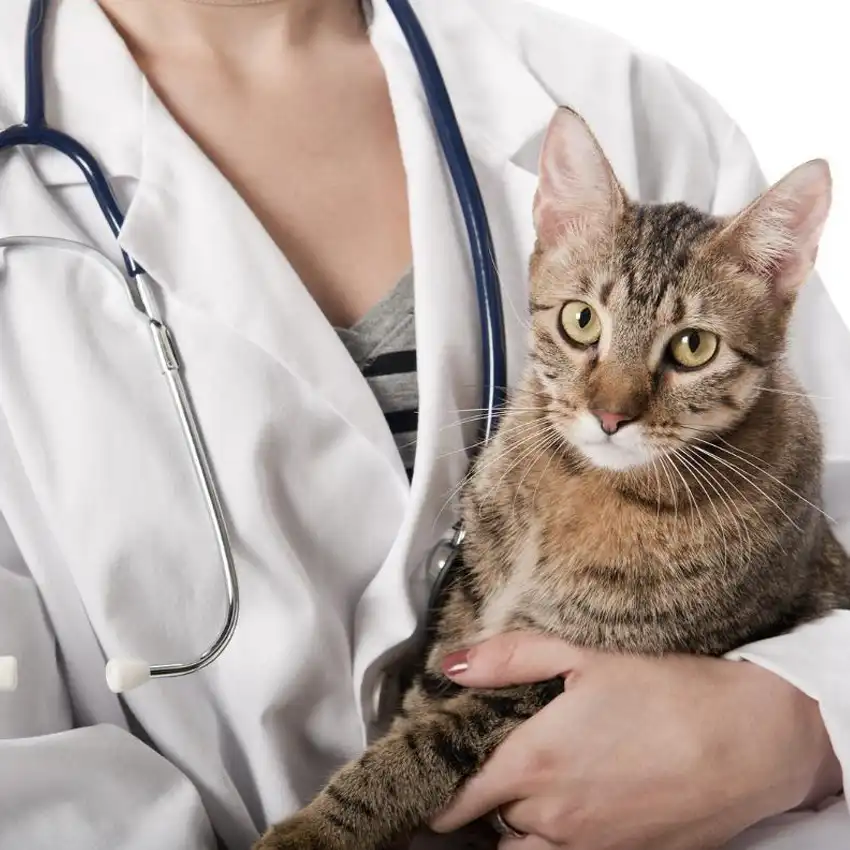
Antioxidants
The oxidative stress that is frequently raised in cats with FIP can be mitigated with the assistance of antioxidants. Among the antioxidants that have demonstrated potential in assisting with the treatment of FIP are the following:
- Vitamin E: A powerful antioxidant that may help protect cells from damage.
- Vitamin C: While cats can produce their own vitamin C, supplementation during illness may be beneficial.
- Coenzyme Q10: This antioxidant supports cellular energy production and may help with overall recovery.
Probiotics
The maintenance of a healthy microbiome in the gut can be beneficial to the immune system as a whole. It is possible that probiotics that have been specifically prepared for cats can help restore the balance of the intestinal flora, which could potentially aid in recovery and reduce the adverse effects of treatment on the gastrointestinal tract.

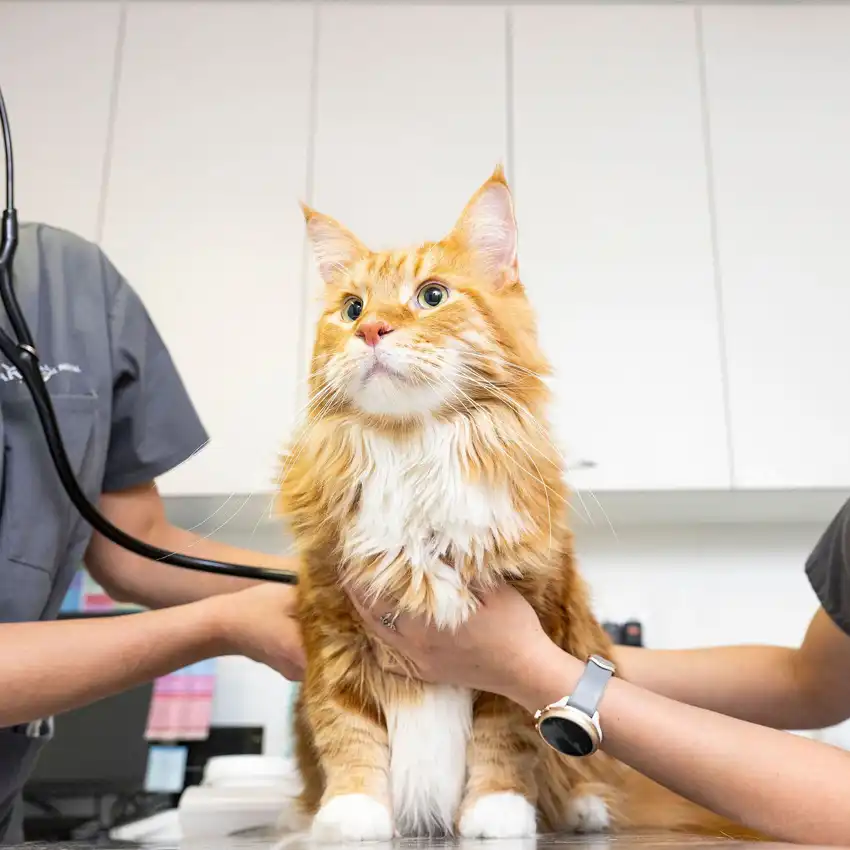
Omega-3 Fatty Acids
Essential fatty acids, especially EPA and DHA, may help treat FIP's systemic symptoms because to their anti-inflammatory effects. Due to FIP's anti-inflammatory properties. They maintain skin and coat health, which may be harmed by the condition. It could be advantageous.
Dosage and Safety Considerations for Combining Supplements with GS-441524
When considering the addition of supplements alongside GS-441524 therapy for cats, it is important to proceed with care. Proper dosing and monitoring are crucial to ensure the safety and efficacy of the treatment. Below are key considerations when supplementing with GS-441524 therapy:
Start with Low Doses
When introducing supplements to a cat undergoing GS-441524 therapy, it is advisable to begin with low doses. This allows the cat’s body to gradually adjust to the new supplement, minimizing the risk of adverse reactions. You should monitor the cat closely during this initial phase to ensure that there are no signs of intolerance or negative effects.
Monitor for Adverse Reactions
Monitoring for side effects is crucial when introducing supplements. Monitor your cat's behavior and health for changes. Consult your vet promptly if you notice discomfort, decrease of appetite, or strange behavior. Since supplements may alter GS-441524 therapy, watch the cat's response.
Adjust Dosages According to the Cat’s Condition
Dosage adjustments should be made according to the individual cat's weight, age, and overall health. A kitten, for example, may require different dosages compared to an older cat. The cat's response to both the GS-441524 treatment and any supplements should guide your decision on whether to adjust dosages. Veterinary guidance is essential in these cases.
Be Aware of Potential Interactions
Understand that some supplements may interact with GS-441524, affecting its efficacy or producing side effects. Supplements can alter drug metabolism or effect. Discuss any new supplements with your vet, who can determine if they will interfere with the primary treatment.
A Protocol for Integrating Core Supplements with GS-441524 Treatment
When integrating supplements into a GS-441524 tablet treatment plan for cats, it's crucial to take a tailored approach for each individual animal. This ensures that their unique health needs are addressed. Below is a general framework that can guide the process:
Baseline Assessment
A thorough blood test and physical assessment are needed before supplementing. This baseline evaluation determines the cat's health and any issues that need to be addressed. The veterinarian can choose the best supplements based on this first health assessment.
Gradual Introduction of Supplements
When adding supplements, it is important to introduce them one at a time, starting with those that target the most urgent needs of the cat. This gradual approach helps monitor how the cat reacts to each supplement and allows for better identification of any adverse effects. Overloading the system with multiple supplements at once could cause confusion if any reactions occur.
Regular Monitoring and Follow-up
As the supplementation process progresses, regular monitoring is key. Follow-up blood tests and clinical evaluations should be scheduled to assess the effectiveness of the supplements. This ensures that any adjustments needed can be made in a timely manner, optimizing the cat's overall health and treatment response.
Adjustment Period
Try each supplement for 2-4 weeks before judging its effects. The cat's body has time to adjust to the supplement. After this period, the veterinarian can assess progress and decide whether more supplements or plan changes are needed.
Long-Term Supplementation Plan
A viable long-term plan can be created if the cat's condition improves and more is known about supplementing. This approach should be flexible as the cat's health improves or changes. A method that supports the cat's long-term well-being while adapting to their demands is the goal.

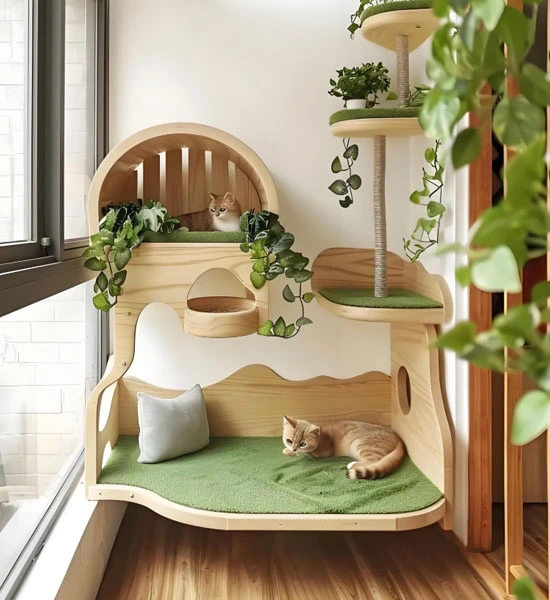
Evaluating the Efficacy of Adjunctive Supplements in FIP Patients on GS-441524
Evaluating the impact of supplements in the recovery process from Feline Infectious Peritonitis (FIP) can be difficult, given the complex nature of the disease and the powerful effects of the primary treatment, GS-441524. However, by closely monitoring various health markers, pet owners and veterinarians can gauge the effectiveness of the supplementation plan. Below are key indicators that can help assess progress:
Clinical Improvement
Clinical improvement, which can take many forms, indicates recovery. Increased appetite, weight, and activity are noticeable. The vitamins may be helping the cat recuperate if it gets more active, eats regularly, and moves more.
Blood Parameters
Blood tests are one of the best ways to check cats' health. Hematocrit, albumin, and globulin are crucial blood parameters. These levels may indicate that the supplements are helping the cat's liver and kidneys work better.
Inflammatory Markers
Certain signs show that FIP induces considerable cat inflammation. A decrease in inflammatory markers such as serum amyloid A (SAA) indicates a better immune response. These decreasing indicators can indicate that the cat's immune system is improving and that FIP inflammation is being better handled.
Quality of Life Indicators
Quality of life may be the most subjective yet important recovery indicator. Increased grooming, socialization, and playfulness indicate that your cat is recuperating. The cat's behavioral changes indicate physical, emotional, and mental recovery.
Documenting Progress
Tracking your cat's progress is crucial. This involves monitoring symptoms, prescription dosages, and supplement use. Your veterinarian will need such documents to assess therapy efficacy. A rigorous documentation approach ensures that cat condition changes are recorded and treated.
|
|
|
|
Conclusion
While the GS-441524 tablet has revolutionized the treatment of FIP, supporting your cat's recovery with carefully selected supplements may provide additional benefits. From immune system support to liver protection and overall wellness, the right combination of supplements can potentially enhance your cat's journey to health.
However, it's crucial to remember that every FIP case is unique, and what works for one cat may not be suitable for another. Always work closely with your veterinarian to develop a tailored treatment plan that includes both GS-441524 and any supplementary support.
As research in this field continues to evolve, we can look forward to more targeted and effective supplementation strategies to support cats recovering from FIP. By staying informed and working closely with veterinary professionals, cat owners can provide the best possible care for their feline companions during this challenging time.
FAQ
1. Can supplements replace GS-441524 in FIP treatment?
No, supplements should not replace GS-441524 in FIP treatment. GS-441524 is the primary antiviral medication shown to be effective against FIP. Supplements are intended to support overall health and potentially enhance the effectiveness of the primary treatment, but they are not a substitute for it.
2. How long should I continue giving supplements after my cat completes GS-441524 treatment?
The duration of supplementation after completing GS-441524 treatment can vary depending on your cat's individual needs. Some cats may benefit from continued supplementation for several weeks or months to support their full recovery and immune system. It's best to consult with your veterinarian to determine the appropriate timeline for your cat.
3. Are there any supplements that should be avoided during FIP treatment?
While many supplements can be beneficial, some may interfere with GS-441524 or cause unwanted side effects. For example, certain herbs or high doses of some vitamins might stress the liver or kidneys. Always consult with your veterinarian before starting any new supplement regimen to ensure it's safe and appropriate for your cat's specific situation.
Partner with BLOOM TECH for Premium GS-441524 + Manufacturer
We at BLOOM TECH know how important it is to use good GS-441524 products for fip treatment. We want to give researchers and medical professionals the best GS-441524 to help them fight FIP because we are a trusted GS-441524 manufacturer.
You will get the purest and most effective product on the market from us because our buildings are state-of-the-art and we make sure that quality is always checked. If you work with BLOOM TECH, you can be sure that your GS-441524 supply will be steady and on time. You can then focus on what's most important: helping cats get better after FIP.
To learn more about our GS-441524 manufacturing capabilities or to discuss your specific needs, please reach out to our dedicated team at Sales@bloomtechz.com. Let's work together to advance fip treatment and give more cats a chance at a healthy, happy life.
References
1. Pedersen, N.C., et al. (2019). Efficacy and safety of the nucleoside analog GS-441524 for treatment of cats with naturally occurring feline infectious peritonitis. Journal of Feline Medicine and Surgery, 21(4), 271-281.
2. Addie, D.D., et al. (2020). Feline infectious peritonitis. ABCD guidelines on prevention and management. Journal of Feline Medicine and Surgery, 22(11), 1028-1048.
3. Murphy, B.G., et al. (2018). The nucleoside analog GS-441524 strongly inhibits feline infectious peritonitis (FIP) virus in tissue culture and experimental cat infection studies. Veterinary Microbiology, 219, 226-233.
4. Legendre, A.M., et al. (2017). Treatment of feline infectious peritonitis using rFeIFN-ω in combination with glucocorticoids and antiviral drugs: A pilot study. Journal of Veterinary Internal Medicine, 31(5), 1487-1491.

Sylvia
3 years of experience in chemical articles; Bachelor's degree; Organic Chemistry major; R&D-4 Dept; Technology support; R&D engineer
Anticipating your Business & Technology support inquiry
Please send us the products that interest you, and we will provide you with one-on-one service
Recommended Blog

How long does it take for cats to show improvement on GS-441524?










_副本_1758519070270.webp)
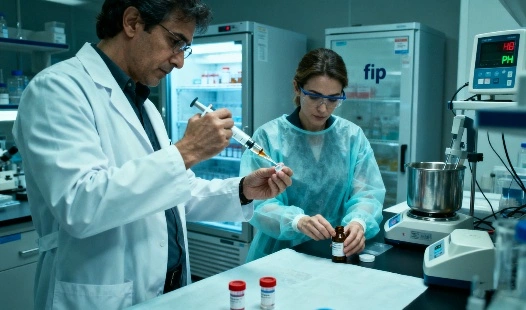
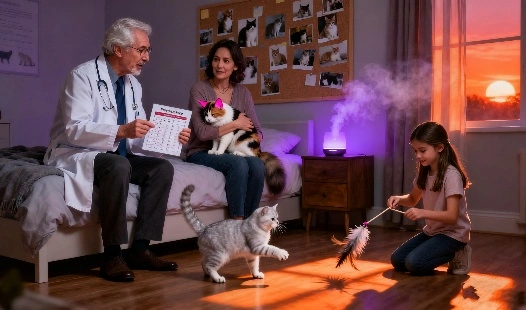
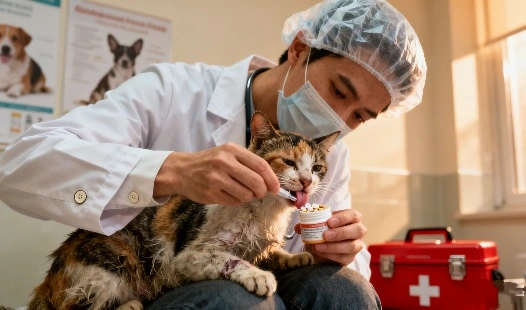
_副本_1758852146010.webp)
